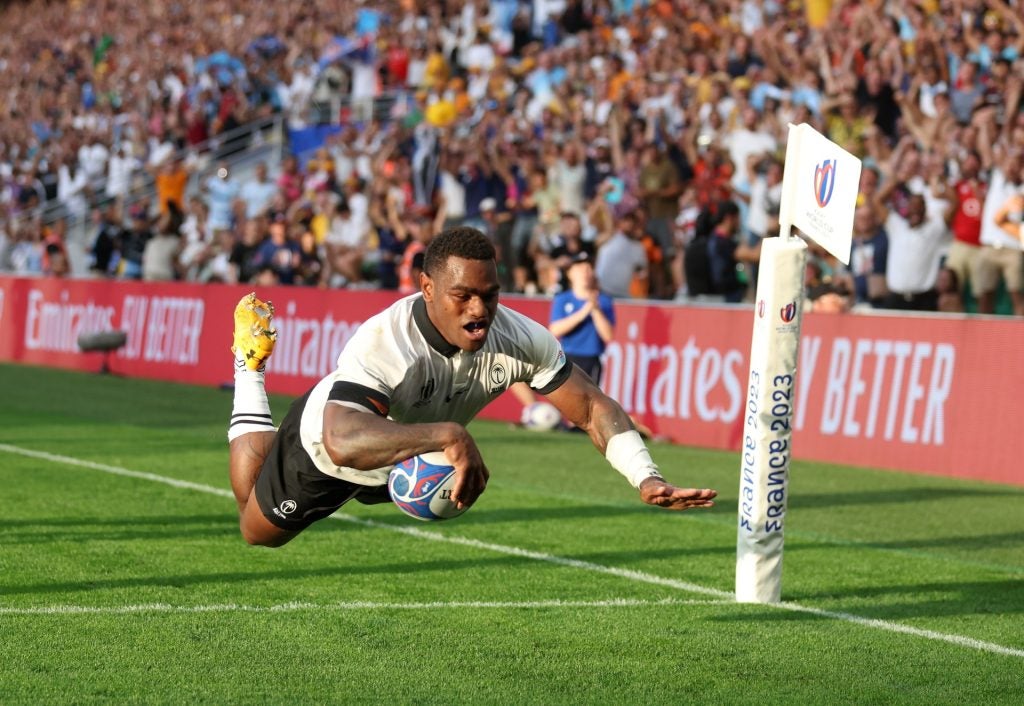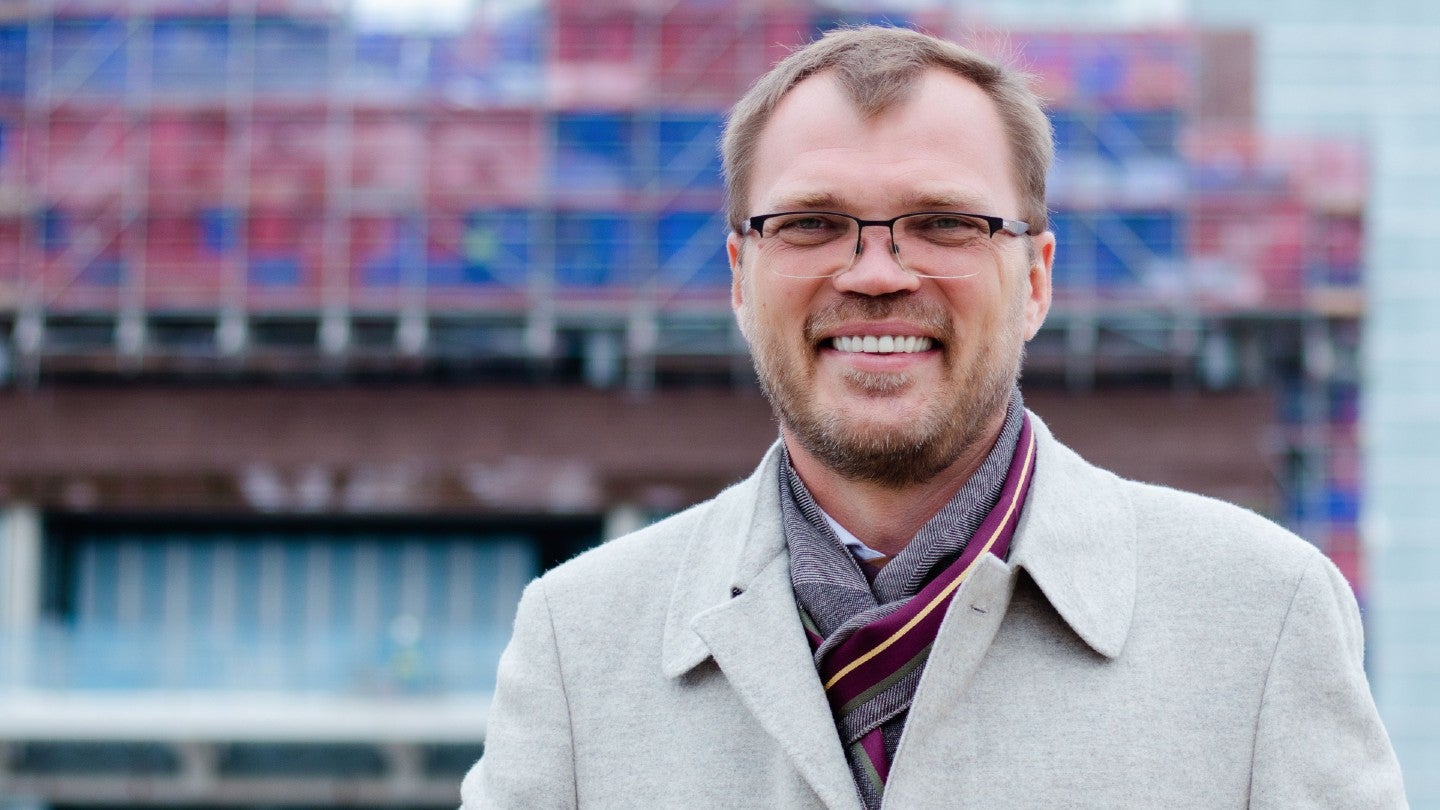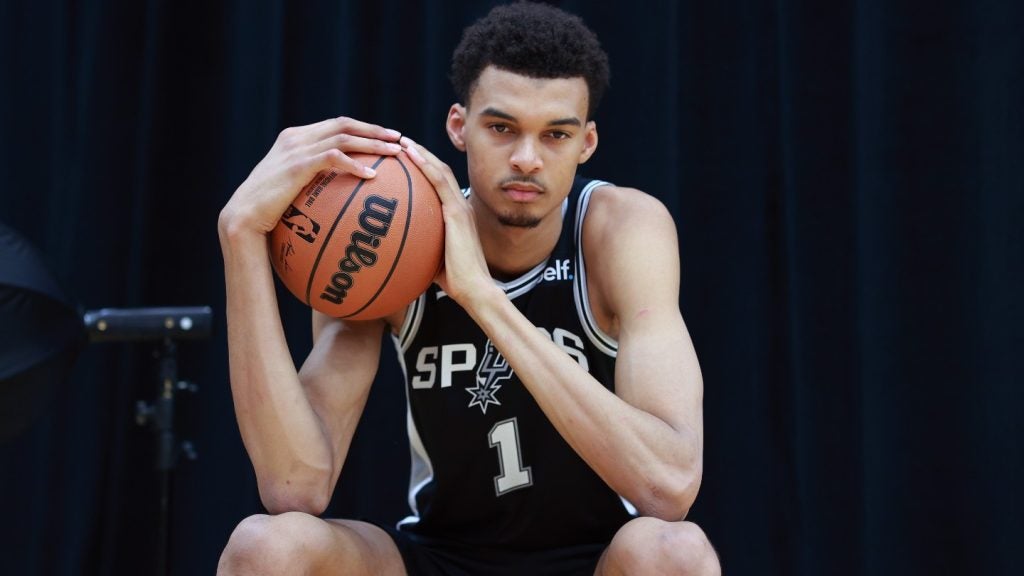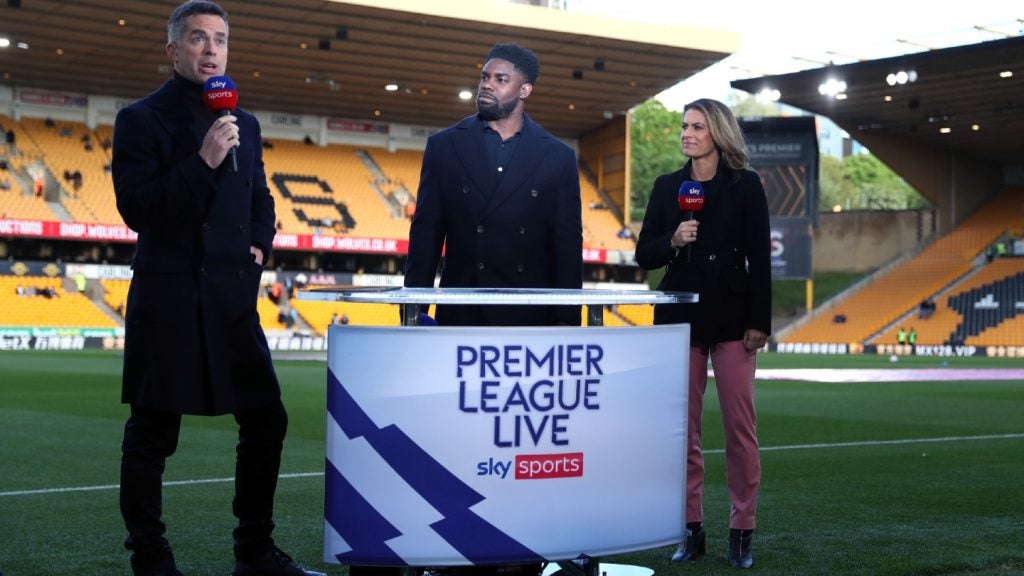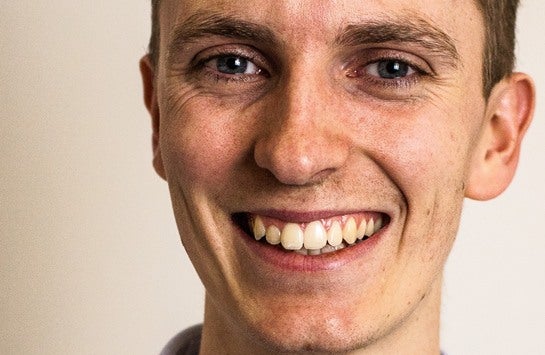
Football is home to controversy in all its forms. From
headline signings to refereeing decisions to the cost of pies in the ground,
the game has a big talking point every week.
A recent controversy came at the hands of Arsenal, who have agreed a deal with the Rwandan Development Board in which ‘Visit Rwanda’ will be featured on the sleeves of their shirts. Under the three-year deal (worth a reported $39 million), Rwanda becomes the club’s ‘official tourism partner’.
Rwanda is one of the fastest-growing economies in Africa, and its tourism is a crucial part of this, worth over $463 million to the country. No wonder, then, that Arsenal’s chief commercial officer said: “The Arsenal shirt is seen 35 million times a day globally and we are one of the most viewed teams in the world. We look forward to working with the ‘Visit Rwanda’ team to further establish the country as a leading tourist destination.”
Why, then, has there been so much debate?
To start with, Rwanda’s president, Paul Kagame, is well-known as an Arsenal supporter after he infamously joined the debate on the departure of long-term manager Arsene Wenger, tweeting: ‘Blame the owners’. Rwanda is also one of the poorest nations in the world, with a GDP per capita of $702.8.
Sponsoring one of the richest clubs in world football while in receipt of foreign aid (receiving a project budget of £37.1 million ($49.5 million)) for 2018/19 from the UK’s Department for International Development, is a recipe for criticism, with some sceptics likely to point to a dubious prioritisation of funding.
How well do you really know your competitors?
Access the most comprehensive Company Profiles on the market, powered by GlobalData. Save hours of research. Gain competitive edge.

Thank you!
Your download email will arrive shortly
Not ready to buy yet? Download a free sample
We are confident about the unique quality of our Company Profiles. However, we want you to make the most beneficial decision for your business, so we offer a free sample that you can download by submitting the below form
By GlobalDataWill the ends justify
the means?
From Rwanda’s point of view, the sponsorship is part of a long-term plan to develop the country’s tourism sector, which will help finance its development.
As has been argued, Rwanda is a sovereign state that is
entitled to spend its money as it wishes.
On BBC Radio 4, the Rwanda Development Board’s chief, Clare Akamanzi, explained the thinking behind the decision: “Rwanda has a goal; our goal is to not remain a poor country… Rwanda is working hard to wean itself from aid and the way that we do that is by growing our sources of income.”
She explained that the country’s goal was to grow tourism to $800 million and that, not only was Arsenal a hugely popular club in Africa, but that the UK was the second largest contributor of tourists to Rwanda. If its tourism sector grows, will the ends not justify the means?
Critics of the UK’s foreign aid spending, of which there are plenty, will use this as an example of misspent financial assistance
For some, however, this sponsorship will continue to be controversial. Critics of the UK’s foreign aid spending, of which there are plenty, will use this as an example of misspent financial assistance.
There will also be critics of Arsenal for choosing to be sponsored by a recipient of the UK’s foreign aid and perhaps for choosing to take money away from the developing world. It’s likely that these weren’t at the forefront of Arsenal’s considerations, which no doubt focused on the return of a $39-million sponsorship that only features on the club’s shirt sleeve.
Provided there is no major controversy or scandal that rocks Rwanda, the sponsorship might stand the test of time as a mutual partnership focusing on returns on investment. It’s certainly unfamiliar territory, and only time will tell if it’s worth the risk.
Football is now a
tool for diplomacy
As a global game that now involves a phenomenal amount of
money, football clubs are increasingly at the centre of international diplomacy.
Manchester City are infamous for their wealthy owners from
Abu Dhabi. As well as having its home ground named the Etihad, the club features
Etihad Airways on its shirt and takes part in the Abu Dhabi Cup.
Cardiff City, who will enjoy Premier League football next year, have an eccentric Malaysian owner which ensures that Visit Malaysia is emblazoned on the players’ shirts.
Barcelona’s first-ever paid-for shirt sponsor was the Qatar Foundation, a non-profit that paid £125 million over five years for the deal. The announcement came very soon after Qatar was named as host of the 2022 World Cup.
There is, however, some light in a rather controversial
world.
Barcelona joined forces with UNICEF in 2006 by featuring the charity on the front of their shirts and agreeing to donate at least €1.5 million ($1.8 million) annually as part of the deal. The charity still remains on the club shirt (on the back) following the move to accepting paid-for shirt sponsorships, and Barcelona still donate to the charity each year.
Similarly, Scottish side Hearts of Midlothian became the
first UK side to have an international charity on their shorts when they agreed
a three-year deal with Save the Children in 2015.
These alternatives are uncommon, but do offer a way to steer
clear of criticism.
The future of shirt sponsorship remains to be seen, but one
thing is certain to persist: controversy, in one form or another.



